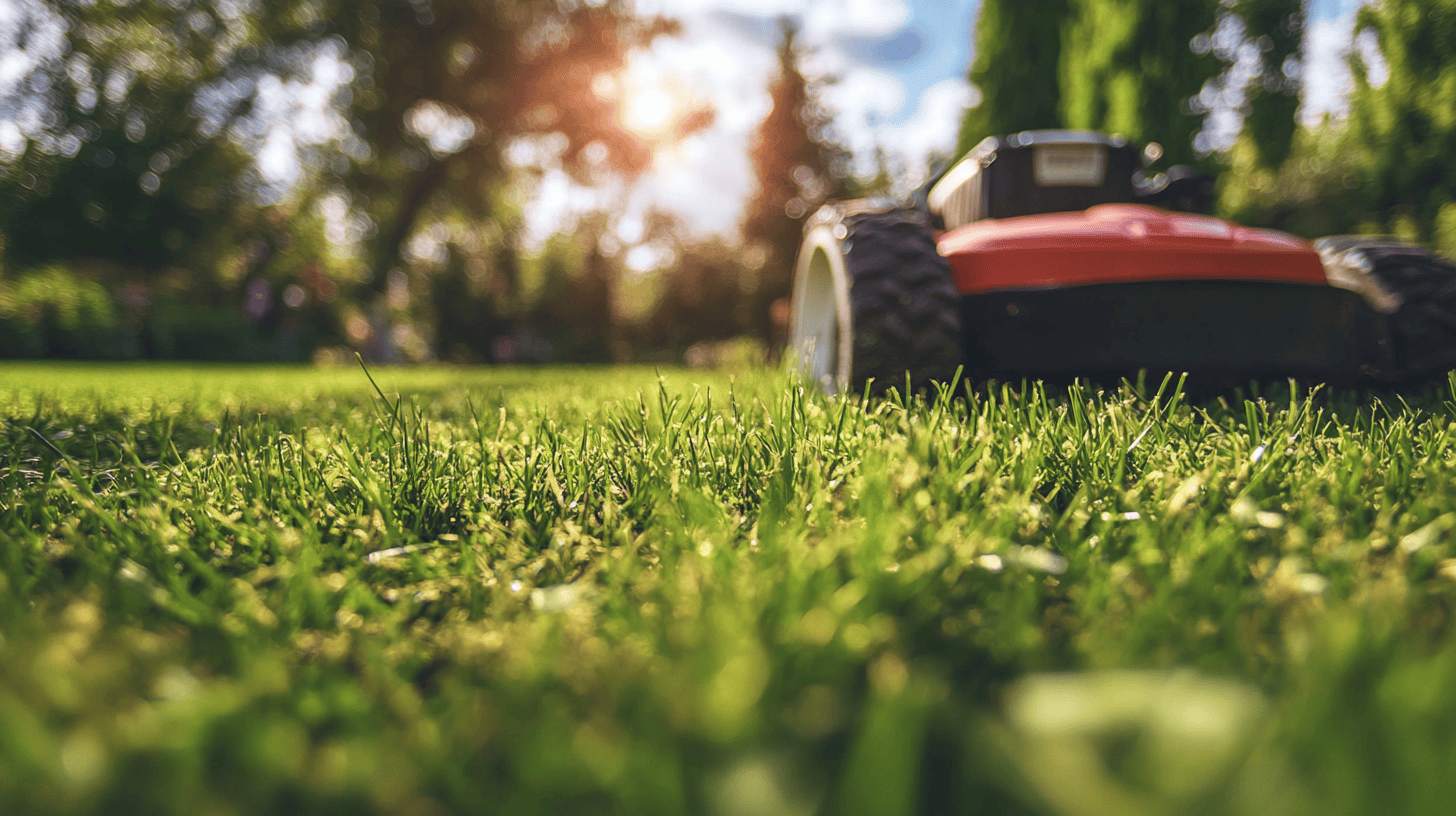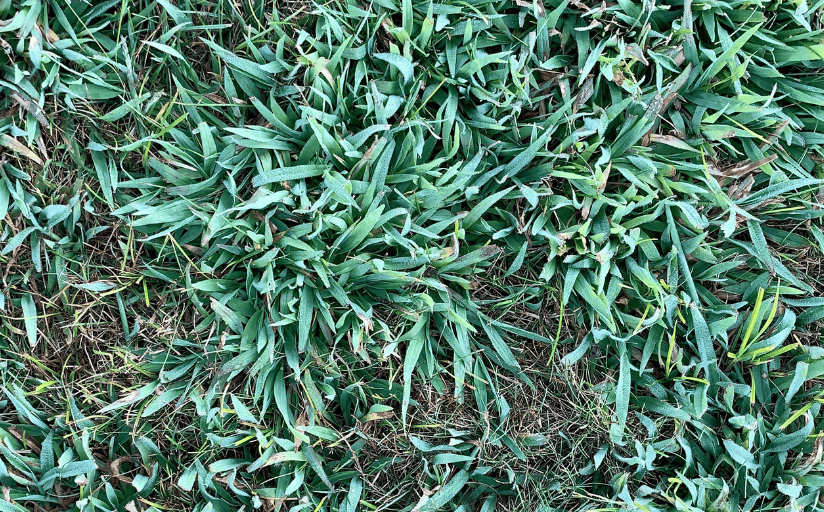Essential Lawn Care Tips for Every Season
Get advice from our lawn care experts to help keep your lawn lush and healthy all year round. From seasonal yard maintenance to troubleshooting common issues with growing, cutting, and watering grass, we’ve got you covered.
Why Lawn Care Matters
Proper lawn care is crucial for maintaining a vibrant and healthy yard. A well-kept lawn not only enhances the beauty of your home but also contributes to the environment by reducing soil erosion, improving air quality, and providing a habitat for wildlife. At TipsforTurf, we are dedicated to helping you achieve the perfect lawn with our expert advice and actionable tips for keeping grass green and healthy.

Step 1
Step 1: Seasonal Lawn Preparation
Start each season with a thorough lawn inspection. Remove debris, assess soil health, and plan your fertilization and watering schedule to ensure your lawn is ready for the changing weather.
Step 2
Step 2: Regular Grass Mowing
Maintain the ideal grass height by mowing regularly. Adjust your mower blades to the recommended height for your grass type and avoid cutting more than one-third of the grass blade at a time.
Step 3
Step 3: Proper Turf Watering
Water your lawn deeply but infrequently to encourage deep root growth. Early morning is the best time to water, reducing evaporation and allowing the grass to dry before nightfall.
Step 4
Step 4: Fertilization and Weed Control
Apply the right type of fertilizer at the right time to provide essential nutrients. Implement a weed control strategy to keep invasive plants at bay and ensure your lawn remains healthy and green.
Lawn Care FAQs
How often should I water my lawn?
It’s best to water your lawn deeply but infrequently. Aim for about 1 inch of water per week, including rainfall.
When is the best time to fertilize my lawn?
Fertilize your lawn in early spring and fall when the grass is actively growing. Avoid fertilizing during the hot summer or cold winter months.
How can I prevent weeds in my lawn?
Maintain a healthy lawn by mowing regularly, watering properly, and applying pre-emergent herbicides in early spring.
What is the best mowing height for my grass?
Most grasses do well when mowed to a height of 2.5 to 3 inches. Taller grass can help shade out weeds and retain moisture.
How do I deal with lawn pests?
Identify the pest first (like finding signs of grubs, etc.), then choose an appropriate treatment. Natural predators, insecticidal soaps, and chemical treatments are options.
Should I aerate my lawn?
Aerate, scarify or dethatch your lawn once a year, preferably in the fall, to reduce soil compaction and improve water and nutrient absorption.
How do I know if my lawn needs lime?
Test your soil’s pH. If it’s below 6.0, applying lime can help raise the pH to a more suitable level for grass growth.
What is overseeding and when should I do it?
Overseeding involves spreading grass seed over an existing lawn to fill in bare spots and improve density. The best time is in the fall.
How can I fix bare patches in my lawn?
Rake the area to remove dead grass, apply a layer of compost or topsoil, and then seed. Keep the area moist until the new grass is established.
Latest Lawn Care Tips

How To Kill Crabgrass in Your Lawn
Last summer, my sister mentioned that her lawn looked lumpy and weird. She asked me if she needed to level it or what she could do to get that lush, even look she wanted. I went over to take a look, and sure enough, her lawn was uneven—not because it needed leveling,...
Mow Beautiful Stripes With A Lawn Mower Striper
Want your lawn to look like a professional sports field with gorgeous stripes? You can do it yourself with a lawn mower striper! This guide will show you how to create eye-catching patterns in your grass using a lawn striper kit. (If you make a purchase using the...
Ryobi Weed Eater String Sizes
While it goes by many names (see weed eater, weed whacker, grass-cutting thingy, etc.), nothing puts the beautiful finishing touches on your yard quite like a string trimmer. One of the most popular and dependable weed eater brands out there is Ryobi. If you own a...
What Our Readers Say
“Thanks to TipsforTurf, my lawn has never looked better! The advice on watering and fertilizing was spot on.”
John D.
“I followed the overseeding guide, and my lawn is now lush and green. Highly recommend this site!”
Sarah K.
“The pest control tips helped me get rid of grubs that were destroying my lawn. Excellent resource!”

